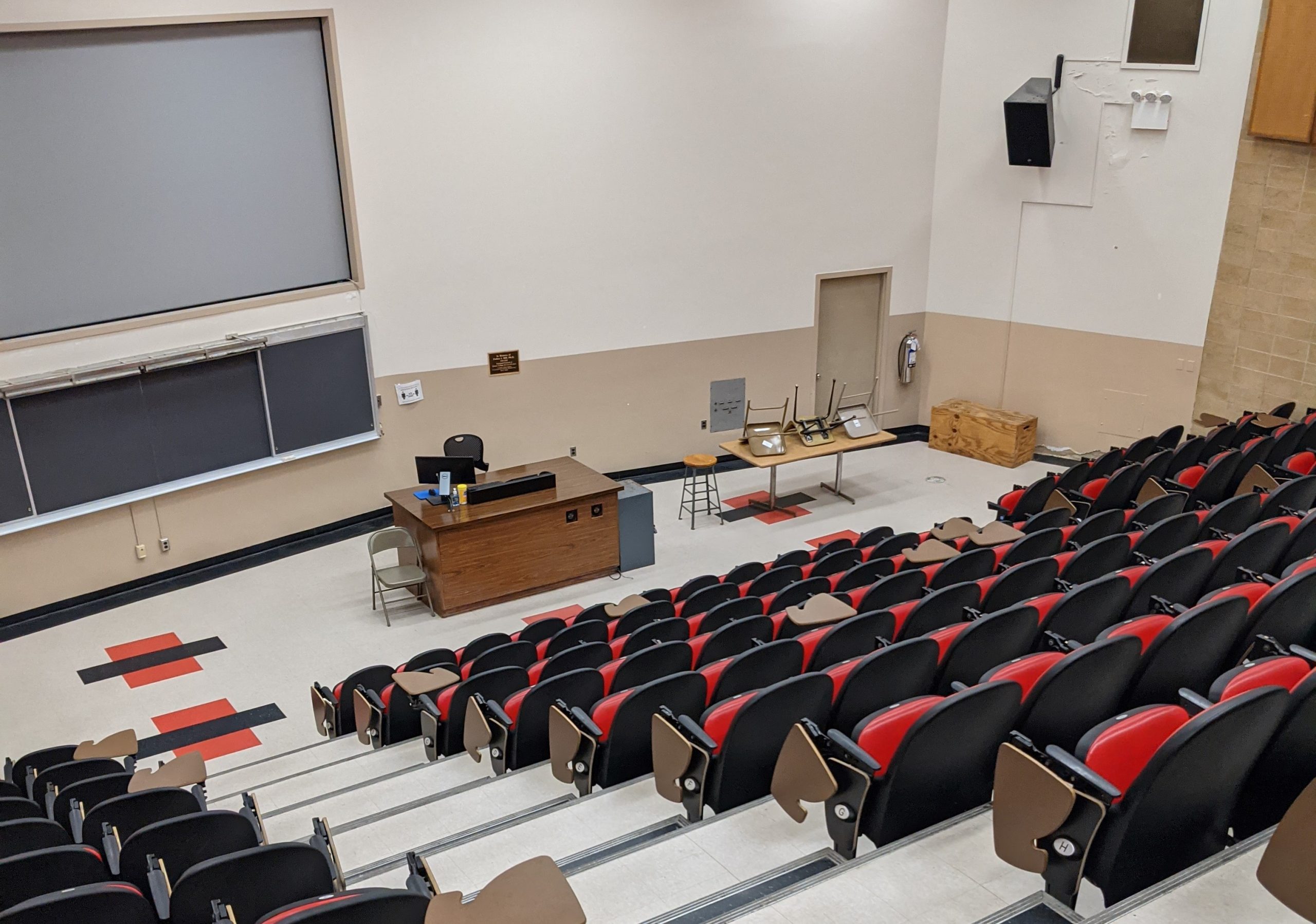The City University of New York (CUNY) has seen its enrollment numbers plummet over the past two years. CUNY enrollment numbers going down is closely tied to the pandemic and its aftereffects. Gotham Gazette reports that “…there was a 5.1 percent enrollment dip in [CUNY] Fall 2020 compared to Fall 2019 reflecting nationwide impacts of COVID-19 on higher education.”
There are a few reasons at play in depleting CUNY enrollment numbers. Firstly, strict vaccination protocols for students to take in-person classes are in effect. The Pfizer-BioNTech vaccine was approved by the FDA in August 2021. Many students are not yet prepared to take the COVID-19 vaccines. CUNY has begun a campaign called #VaxUpCUNY to ease vaccine hesitancy and anxiety in communities of color. In addition, any CUNY students who work full or part-time have lost their jobs during the pandemic. Some students might have decided on working for a few semesters before going back to school.
The unpopularity of online classes might also play a part. CUNY utilized the Credit/No Credit policy to ease the students’ academic burden during the pandemic. Many students could have decided to not enroll due to this policy being cancelled.
Chelsea Lavington, Director of Undergraduate Admissions at QC, sees reasons for optimism. “Queens College remained a beacon of opportunity for our students—many of whom are low-income and the first in their families to attend college—as they weathered the loss of loved ones and, in many cases, their jobs and their homes. In fact, the percentage of enrolled undergraduate students who are underrepresented minorities steadily increased during the pandemic and that number has been rising since 2012. Enrollment at Queens College from 2019 to 2020 dropped just 1 percent as compared with a 6.9% drop university-wide for that time period, as cited in published media reports. As more New Yorkers are vaccinated, enabling life to return to normal, we remain hopeful that this will be reflected in our overall enrollment numbers.”
During the pandemic, CUNY took on quite a few drastic measures. CUNY also decided to lay off about 3000 adjuncts at the worst time possible during the peak of the pandemic. Although CUNY did receive a generous sum from the federal CARES act, the distribution of the funding was not properly managed. CUNY has had financial issues for years. No matter the majority in New York legislation, the public education budget is cut every time. The New York State Senate’s fiscal outlook when it comes to education is best described as austerity measures. It is a glaring political problem indeed that the first thing that is always reduced in order to implement a lower spending budget is education funding. Most CUNY students simply would not be able to afford higher education in New York without public education.
CUNY has provided its students relief during tough times. On July 28, former Governor Andrew Cuomo announced the CUNY Comeback Program, which plans to eliminate $125 million in unpaid debt for at least 50,000 CUNY students. CUNY has also distributed over $230 million in relief to students who experienced financial hardship during the pandemic but did not have outstanding debt. Furthermore, CUNY has launched the CUNY Black Male Initiative to provide additional academic and social support to traditionally underrepresented populations. In addition, CUNY has resumed its Culture Corps and Service Corps programs while adding CUNY Tutor Corps and CUNY Recovery Corps. These programs provide jobs and internship opportunities for CUNY students.
City and state level legislation might plan on using enrollment numbers to justify their budget cuts. Student activism and public engagement will be required to ensure the city and the state do not cut CUNY budgets by using under enrollment as an excuse. The city budget for fiscal year 2022 reduces CUNY funding by $67 million, leaving the University to backfill the cut with Federal stimulus money. PSC-CUNY (Professional Staff Congress) has called for a total increase of $121.5 million over the FY 2022 Preliminary Executive Budget allocation for CUNY.











